The murder of a Palestinian teenager is likely to end a refusal by the Israeli government to crack down on Beitar Jerusalem FC.
An Israeli investigation into the brutal murder of 16-year-old Mohammed Abu Khdeir, in an apparent revenge attack for the killing of three teenage settlers, has focused attention on Israel’s most militant and racist soccer fan group.
The focus, irrespective of whether the group was involved in Abu Khdeir’s death, is likely to end a longstanding refusal by the Israeli government and football association to crack down on rabidly anti-Palestinian, anti-Muslim soccer club Beitar Jerusalem FC and its notorious La Familia fan group. The club has long enjoyed the support of Israeli leaders, including Prime Minister Binyamin Netanyahu and other prominent right-wing personalities.
Media reports and Israeli blogger Elizabeth Tsurkov said six suspects arrested on July 6 on suspicion of involvement in Abu Khdeir’s murder were either members of La Familia, named in honor of the Italian mafia, or met at an anti-Arab La Familia protest. Police were also reported to be investigating a failed kidnapping by La Familia associates of a 9-year old Palestinian boy.
La Familia members recently greeted the Beitar soccer squad before police had found the bodies of Gilad Shaer, Naftali Frenkel and Eyal Yifrah — the three teenagers Israel says were kidnapped and subsequently murdered by Hamas — with chants saying “here they come, Israel’s most racist team.” Beitar Jerusalem is the only club to have refused to hire a Palestinian player, despite the fact that Palestinians rank among Israel’s foremost performers. Neither the government, nor the Israel Football Association (IFA) have ever taken the club to task on equal opportunity grounds.
Protesters, wearing La Familia shirts, also demonstrated at the Gush Etzion settlement near Hebron, where the three Israeli teenagers were abducted at a popular hitchhiking point, demanding that settlers randomly attack Palestinians in revenge for the kidnapping. The bodies of Shaer, Frenkel and Yifrah were later found buried near Hebron, a hot bed of Palestinian nationalism as well as Islamist groups. The city is home to a mosque soccer team that a decade ago produced several suicide bombers.
La Familia briefly sparked national outrage in Israel in January 2013, when it unfurled a banner asserting that “Beitar will always remain pure,” in protest against the club’s hiring of two Muslim players from Chechnya. It was the group’s use of language associated with Germany’s national socialism that sparked the rare outrage against its consistent racism. The group’s opposition to the Chechens also countered a longstanding pillar of Israeli policy, which seeks to forge close ties with its neighbors in the absence of relations with most Arab and Muslim states.
The group also torched Beitar Jerusalem’s team offices in protest against the hiring of the Chechens. Two Beitar supporters were sentenced to prison as part of a plea bargain, in which they pleaded guilty to the torching but did not identify themselves as members of La Familia.
As a result, La Familia operates in an environment where racism, racial superiority, bigotry and double-standards — as well as little sincere effort to address key issues that undermine Israel’s projection of itself as a democratic state founded on the ashes of discrimination , prejudice and genocide — are one part of a story that emerges from the country’s soccer pitches.
The outcry was in stark contrast to the lack of a national response to past outbursts by La Familia, including an attack on Palestinian shoppers and workers in a Jerusalem mall, as well as a Jewish musician who denounced their attitudes in 2012 and Beitar Jerusalem’s refusal to hire Palestinian striker Mohammed Ghadir, who in late 2011 volunteered to join the club in a challenge to its anti-Palestinian policy. In another rare instance that sparked a public response, Beitar fans shocked Israelis several years ago, when they refused to observe a moment of silence for assassinated Prime Minister Yitzhak Rabin, who initiated the first peace negotiations with the Palestinians.
All in all, Beitar Jerusalem has the worst disciplinary record in Israel’s Premier League. Since 2005, it has faced more than 20 hearings and received various punishments, including point deductions, fines and matches behind closed doors because of its fans’ racist behavior — a slap on the wrist that has failed to change the attitude of the club and its supporters.
Permissive Territory
The IFA, despite being the only soccer body in the Middle East to have launched a campaign against racism, has allowed what Israeli soccer scholar Amir Ben-Porat describes as “permissive territory,” in which “some deviant behaviors are tolerated as long as definite rules are followed.” Similarly, Jerusalem Mayor Nir Barkat, who cultivates an image as a tolerant public servant, has largely remained silent over racism by the city’s soccer team, despite the fact that approximately one-third of Barkat’s constituents include 280,000 tax-paying Palestinians.
As a result, La Familia operates in an environment where racism, racial superiority, bigotry and double-standards — as well as little sincere effort to address key issues that undermine Israel’s projection of itself as a democratic state founded on the ashes of discrimination , prejudice and genocide — are one part of a story that emerges from the country’s soccer pitches.
Writing in Soccer and Society, Ben-Porat warned several years ago that:
“The football stadium has become an arena for protest: political, ethnic, nationalism, etc … ‘Death to the Arabs’ has thus become [a] common chant in football stadiums … Many Israelis consider the Israeli Arabs (Palestinians) to be ‘Conditional Strangers,’ that is temporary citizens … Contrary to conventional expectations, these fans are not unsophisticated rowdies, but middle-class political-ideological right-wingers, whose rejection of Arab football players on their team is based on a definite conception of Israel as a Jewish (Zionist) state.”
Beitar Jerusalem’s Roots
Beitar, a reference to the Jews’ last standing fortress in the 2nd century Bar Kochba revolt against the Romans, was established in 1923 in Latvia as part of the revanchist Zionist. Its founder, former Ukrainian war reporter Ze’ev Jabotinsky, hoped to imbue its members with a military spirit. The movement’s Jerusalem branch founded the sports club in 1936, the year of the first Palestinian uprising.
Beitar Jerusalem initially drew many of its players and fans from Irgun, an extreme nationalist, paramilitary Jewish underground, which waged a violent campaign against the pre-state British mandate authorities. As a result, many of them were exiled to Eritrea in the 1940s. Many of La Familia’s members are supporters of Kach, the outlawed violent and racist party, which was headed by assassinated Rabbi Meir Kahane. La Familia frequently displays Kach’s symbols.
Beitar’s initial anthem reflected the club’s politics, glorifying a “guerrilla army racist and tough, an army that calls itself the supporters of Beitar.” That spirit still comes to life when Beitar Jerusalem fans meet their team’s Palestinian rivals. Their support reaches a feverish pitch as they chant racist, anti-Arab songs and denounce the Prophet Mohammed. Beitar’s hardcore fans — Sephardi males of Middle Eastern and North African origin, who define their support as subversive and against the country’s Ashkenazi establishment — reveled in their status as the bad boys of Israeli soccer. Their dislike of Ashkenazi Jews of eastern European extraction, rooted in resentment against social and economic discrimination, rivals their disdain for Palestinians.
The refusal by the IFA and the government to stand up to the group’s blatant racism reflects the ambiguity of a society that has long yearned for peace, increasingly grown frustrated at how beyond its grasp this seems to be, and finally concluded that peace is no longer essential to its survival.
As a result, the failure to confront La Familia has entrenched Palestinian perceptions of an Israeli society that is inherently racist. An Israeli Arab member of parliament, Ahmed Tibi, has laid the blame for La Familia’s excess at the doorstep of Israeli political and sports leaders: “For years, no one really tried to stop them, not the police, not the club, not the attorney-general and not the Israeli Football Association.”
*[Note: James M. Dorsey is a Senior Fellow at the S. Rajaratnam School of International Studies (RSIS), Nanyang Technological University. He is also co-director of the University of Würzburg’s Institute for Fan Culture, and the author of The Turbulent World of Middle East Soccer blog and a forthcoming book with the same title.]
The views expressed in this article are the author’s own and do not necessarily reflect Fair Observer’s editorial policy.
Support Fair Observer
We rely on your support for our independence, diversity and quality.
For more than 10 years, Fair Observer has been free, fair and independent. No billionaire owns us, no advertisers control us. We are a reader-supported nonprofit. Unlike many other publications, we keep our content free for readers regardless of where they live or whether they can afford to pay. We have no paywalls and no ads.
In the post-truth era of fake news, echo chambers and filter bubbles, we publish a plurality of perspectives from around the world. Anyone can publish with us, but everyone goes through a rigorous editorial process. So, you get fact-checked, well-reasoned content instead of noise.
We publish 2,500+ voices from 90+ countries. We also conduct education and training programs
on subjects ranging from digital media and journalism to writing and critical thinking. This
doesn’t come cheap. Servers, editors, trainers and web developers cost
money.
Please consider supporting us on a regular basis as a recurring donor or a
sustaining member.
Will you support FO’s journalism?
We rely on your support for our independence, diversity and quality.



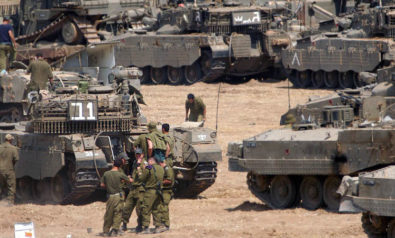
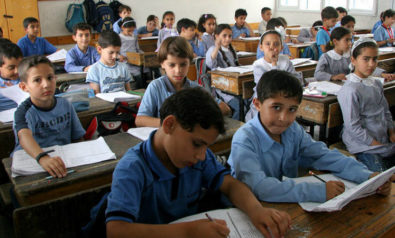

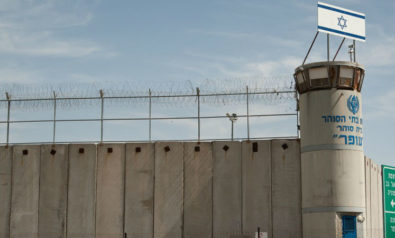
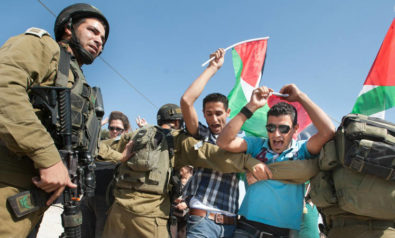
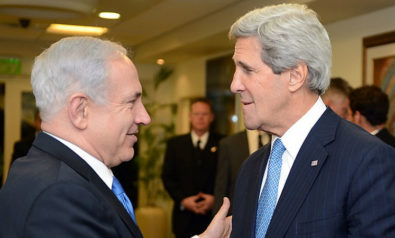
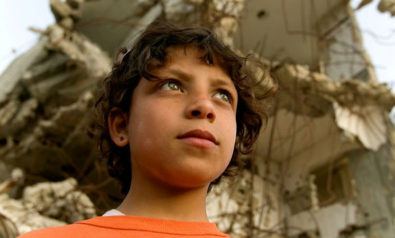

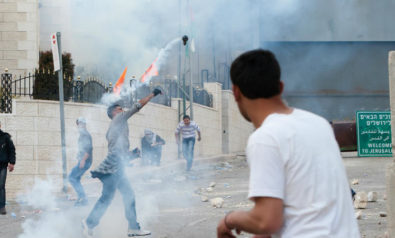
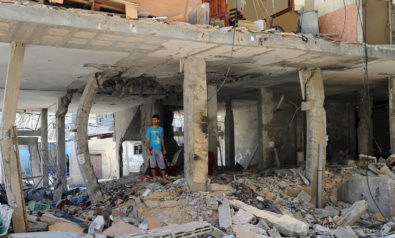
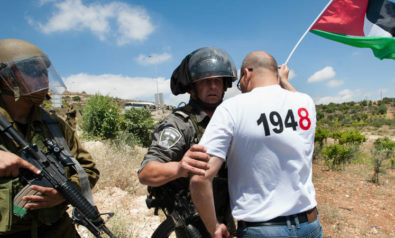
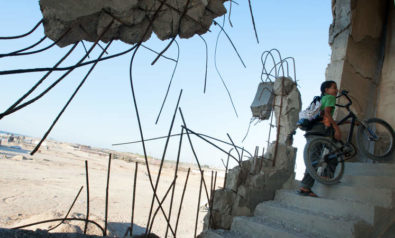

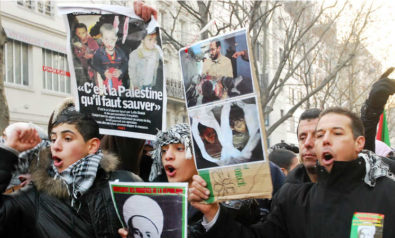
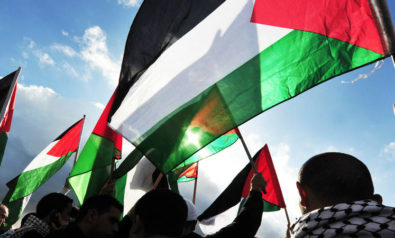

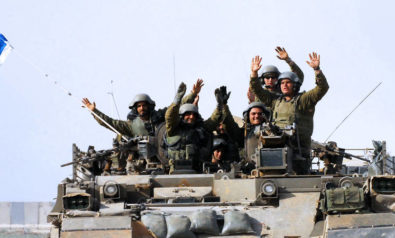
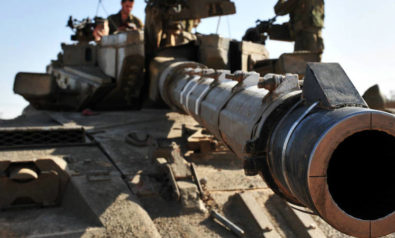
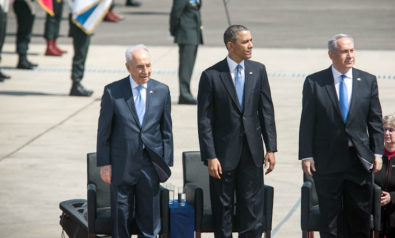
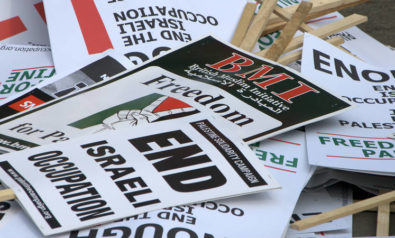
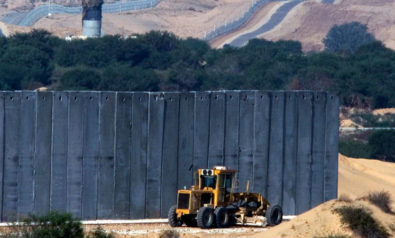
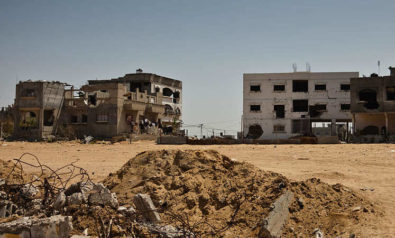

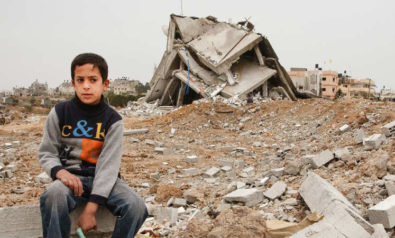
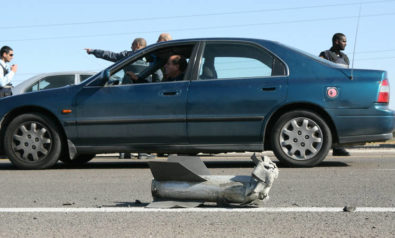
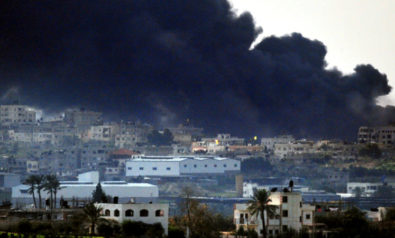
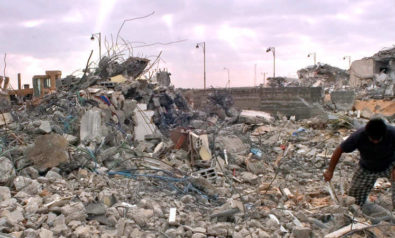
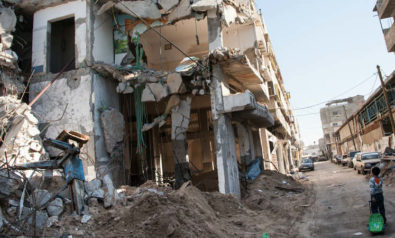




Comment